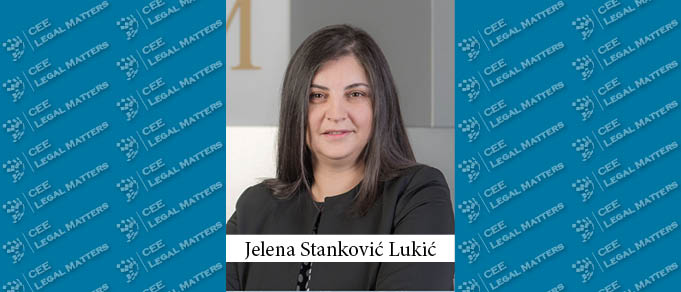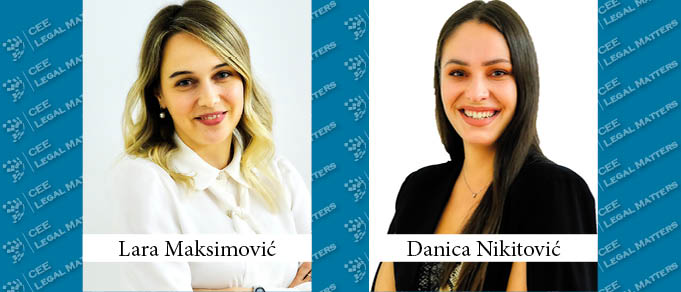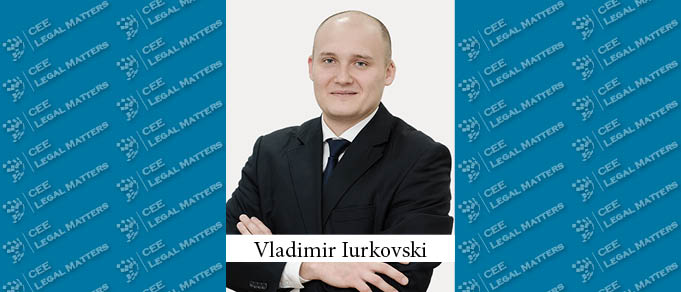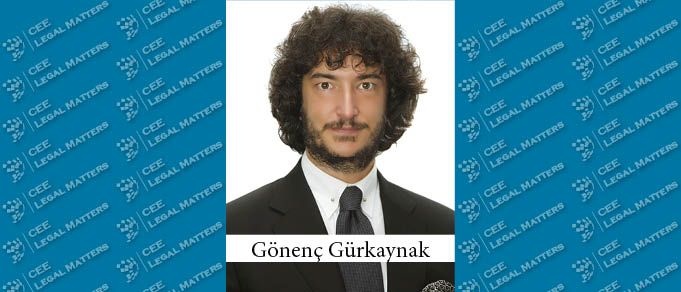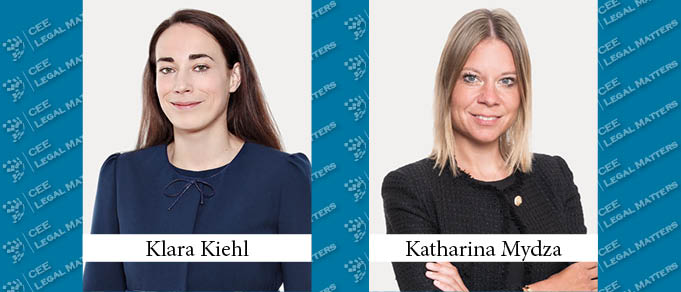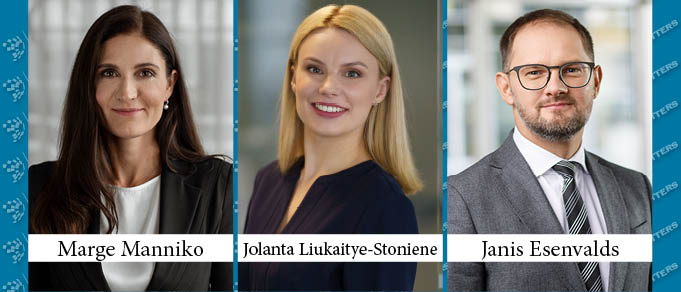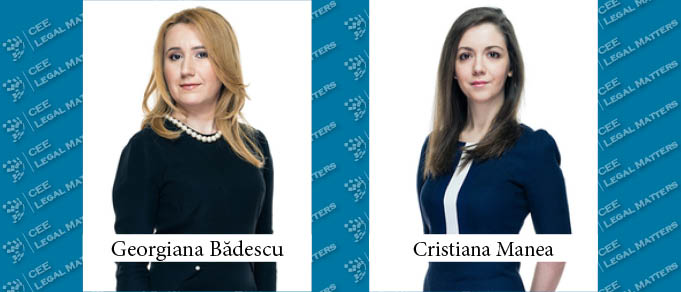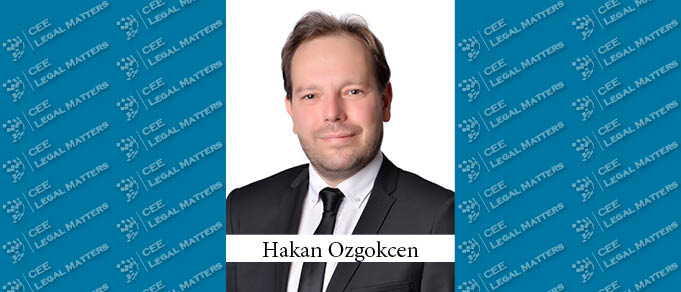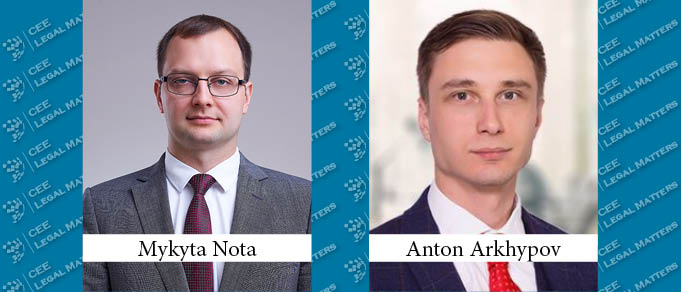Ukrainian Government has pledged to bring economic opportunities for foreign investors by digitalising the country and liberalising business laws. A big part of this promise comes with a new law “On Stimulating Development of Digital Economy in Ukraine” (“Law”). Most provisions of the Law came into force on 14 August 2021, but the Law will be operative in 2022 once all regulations are in place.
Harmonization with the Law on Archival Material and Archival Activity ("Official Gazette of RS", No. 6/2020)
The deadline for preparation of general acts and their obligatory submission to the competent Archive is approaching - December 31, 2021.
Buyers Become More Demanding with Respect to Potential Targets, AVELLUM’s Survey Reveals
AVELLUM for the second time researched how the coronavirus outbreak affected the plans of businesses to purchase or sell assets or companies in Ukraine in the next 6 to 12 months. We surveyed over 90 owners, top managers, and heads of legal departments of Ukrainian and international companies in 2021.
Changes in Procedure of Registration in the Business Registers Agency
On November 16, 2021, the Law on Amendments to the Law on Procedure of Registration in the Business Registers Agency (Official Gazette of RS no. 105/2021) (the “Law”) has entered into force, while the application of certain provisions has been postponed for the prescribed period.
Building and Environmental Permits for Data Centres – Is Austrian Permitting Law Prepared for Rapid Age of Digitalisation?
The world is undergoing a digital transformation. Whether at work, play or socialising, it is hard to imagine even a day without the Internet. Recent challenges (eg, the covid-19 pandemic) have further accelerated digitalisation. The world is far from the end of this process. Many businesses, and countries, are increasingly focusing on the digital transformation. Recent examples include cloud computing, cryptocurrency or the "metaverse" which was recently announced by Mark Zuckerberg.
Energy Agency of the Republic of Serbia Adopted Rules on Prevention of Abuse in Electric Energy and Natural Gas Market
On 28 October 2021, Energy Agency of the Republic of Serbia (“AERS”) adopted Rules on prevention of abuse in electric energy and natural gas market (“Rules”), that were published in the Official gazette of the Republic of Serbia 103/2021. The Rules are drafted in line with the Decision of Ministerial Council of the Energy Community no. D/2018/10/Mc-EnC, implementing Regulation (EU) No 122712011 of the European Parliament and of the Council on wholesale energy market integrity and transparency.
Moldova: Control of Investments Legislation Entered into Force
Through its 11 November 2021 law ("Law 174/2021"), the Moldovan Parliament approved the rules on control of investments into sectors important for the security of the state. Law 174/2021 applies equally to local and foreign investors and entered into force on 19 November 2021.
Turkey: Managing Public Companies & Corporate Governance Principles
Corporate governance principles are set of rules and practices introduced as preventive measures pursuant to corruptions and bankruptcies of publicly held companies occurred in 1980s, for protection of companies, shareholders and stakeholders and to avoid conflicts of interest. Under Turkish approach, the managing body, i.e. board of directors, is regarded as the pillar of corporate governance given that the problems relate to the management of the companies. Therefore, the principles are focused on the board of directors.
New Deed on the Land-Compensation
In 2018, the Hungarian Constitutional Court established in its decision that there was an infringement of the Fundamental Law by omission in connection with the entry into force of the amendment of certain acts relating to land-compensation. The issue was that the legislator abolished the rules on the auctions of agricultural land, so that the beneficiaries still had the purchase right serving the assertion of the compensation claim. The Constitutional Court called on the Parliament to fulfil its legislative duties by 31 December 2018.
Enforcement of and Against Intellectual Property Rights
Serbia has a long-standing tradition in the protection of intellectual property rights. The Kingdom of Serbia was even one of the first 11 signatories of the Paris Convention in 1883.
Significant Minimum Wage Increase Confirmed in Hungary
From 2022 the new general gross minimum wage will be HUF 200,000 (approximately EUR 550).
What is Stipulated by the Recent Amendments to the Law on Free Access to the Information of Public Importance?
On November 16, 2021, amendments to the Law on Free Access to the Information of Public Importance (the “Law”) entered into force, as they had been published in the Official Gazette of the RS no. 105/2021 of November 8, 2021, whereby they were passed for the purpose of alignment with relevant regulations adopted in the meantime, such as the Law on Data Secrecy and the Law on Personal Data Protection, and international standards in the respective field, as well as introduction of mechanisms to ensure that the authorities act in accordance with their legal duties, and that information seekers enact their rights under the Law exclusively for the purposes stipulated therein.
Austria: What to Do When the Prosecutor Comes Knocking
House searches have been all over the news in Austria recently. In case you have been wondering what happens to your phone, laptop and tablet when the prosecutor comes knocking – read below.
12 Recommendations to Consider Before Buying Real Estate in the Baltics
The real estate market in all three Baltic States is closely related and, although the legal systems vary a bit, buyers face the same or similar issues. Although important details concerning the purchase of real estate are brought forth in the sale contract drawn up by a notary (in Estonia and Lithuania) or attorney at law (in Latvia), in practice various nuances still tend to be left unattended.
Antitrust Practice in Russia Strives to Find a Balance
Antitrust practice in Russia is currently striving to strike the right balance, with less regulation of business in general and increased scrutiny in certain key areas.
Romania: Distribution Agreements to Become Leaner from Antitrust Perspective – Four Key Topics for Suppliers
Distribution agreements, also termed vertical agreements, are currently subject to a block exemption regime (the VBER) from the general antitrust prohibition. The VBER is due to expire on May 31, 2022. In this context, the European Commission has engaged in extensive public consultations and has already published a proposed new regime, the revised VBER and Vertical Guidelines, scheduled to enter into force on June 1, 2022. These are, in our view, the four key topics that suppliers should be aware of when preparing for the revised regime:
No-Poaching and Wage-Fixing Agreements on Turkish Competition Authority’s Radar
In recent years, the growing concern that employers’ market power in labor markets has led to reduced or suppressed wages and working conditions has heated up the discussions on the competition authorities’ potential interference over competition violations within labor markets. These discussions have not remained theoretical and the competition authorities have started to launch investigations into labor markets. The Turkish Competition Authority (TCA) has kept pace with this global trend. On April 20, 2021, the TCA announced on its official website that it has ex officio launched a full-fledged investigation against 32 companies, mainly active in digital markets, to determine whether they violated the Law on the Protection of Competition through gentlemen’s agreements in labor markets in Turkey.
Ukrainian Competition Authority Puts Corporate Investment Funds under Spotlight
Over the past year, the Antimonopoly Committee of Ukraine has been closely scrutinizing business structures involving corporate investment funds during the review of merger control notifications. In particular, the regulator is interested in relations of control among asset management companies, corporate investment funds, and their shareholders. Depending on the regulator’s position, the list of parties to a concentration can be significantly wider than one may probably realize.


